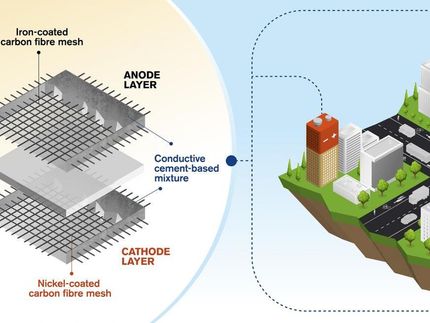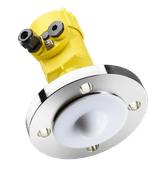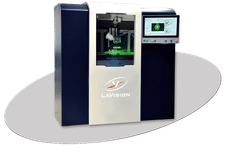From Lab to Fab – Further Growth in Organic and Printed Electronics
Upward trend of the organic and printed electronics industry continues
Advertisement
The organic and printed electronics industry continues to grow. Numerous companies have started production. Especially the use of technologies capable of mass-production, such as printing technologies, opens new markets for thin, light-weight, flexible electronics.
Wolfgang Mildner, Chairman of the OE-A and Managing Director of PolyIC GmbH & Co. KG: "The investments of the last several years have paid off. Many companies were able to open new markets for themselves and to translate the results of their lab research into production. For example, the areas of organic solar cells or lighting are profiting from the trend moving towards 'Green Technology' and are creating great interest at end-user companies. Other areas, such as printed batteries, displays, sensors or electronic memory chips, are also already in production, and the future projections are positive. These are important milestones for the industry, but intensive research and development continue to remain essential.“
A series of companies have already established themselves in all aspects of the value chain of organic and printed electronics, ranging from materials and equipment to end-users. This is impressively exemplified in a collection of more than 20 case studies that the OE-A debuted on the occasion of a press conference at the opening of LOPE-C 2010 (the Large-area, Organic and Printed Electronics Convention), a trade fair and conference hosted by the OE-A. These case studies show current examples of product launches. The development and marketing of new products is based on a broad spectrum of suppliers and material producers. Great progress in material development and production processes leads to a number of innovative uses, such as luminescent packaging, flexible displays and solar cells, printed RFID-tags or stylishly illuminated bar stools, just to name a few.
Wolfgang Mildner also sees the reason for the growing success of the industry in the innovative ideas of the developers: "The prerequisites for developing new applications have never been better. Materials and production processes have made great progress. That is also why the OE-A is putting great emphasis on research and on promoting young scientists."
With the 'OE-A Competition for Multifunctional Demonstrators based on Organic and Printed Electronics', the OE-A is kicking off an international competition for the most innovative application. To this end, the OE-A and 15 partner companies have assembled a special toolbox. It contains more than 20 components and building blocks, such as printed batteries, OLEDs, organic solar cells, pressure sensors, strain gauges, various displays or electronic memories for creative design and concrete application of new prototypes. Teams of university students are eligible to participate. The first phase of the competition including concept development will run through October 31, 2010. The best products will be presented to a large audience of industry experts at LOPE-C 2011 in late June of next year.
Most read news
Organizations
Other news from the department business & finance
These products might interest you

Get the chemical industry in your inbox
By submitting this form you agree that LUMITOS AG will send you the newsletter(s) selected above by email. Your data will not be passed on to third parties. Your data will be stored and processed in accordance with our data protection regulations. LUMITOS may contact you by email for the purpose of advertising or market and opinion surveys. You can revoke your consent at any time without giving reasons to LUMITOS AG, Ernst-Augustin-Str. 2, 12489 Berlin, Germany or by e-mail at revoke@lumitos.com with effect for the future. In addition, each email contains a link to unsubscribe from the corresponding newsletter.
Most read news
More news from our other portals
See the theme worlds for related content
Topic World Battery Technology
The topic world Battery Technology combines relevant knowledge in a unique way. Here you will find everything about suppliers and their products, webinars, white papers, catalogs and brochures.

Topic World Battery Technology
The topic world Battery Technology combines relevant knowledge in a unique way. Here you will find everything about suppliers and their products, webinars, white papers, catalogs and brochures.
Topic world Sensor technology
Sensor technology has revolutionized the chemical industry by providing accurate, timely and reliable data across a wide range of processes. From monitoring critical parameters in production lines to early detection of potential malfunctions or hazards, sensors are the silent sentinels that ensure quality, efficiency and safety.

Topic world Sensor technology
Sensor technology has revolutionized the chemical industry by providing accurate, timely and reliable data across a wide range of processes. From monitoring critical parameters in production lines to early detection of potential malfunctions or hazards, sensors are the silent sentinels that ensure quality, efficiency and safety.




























































